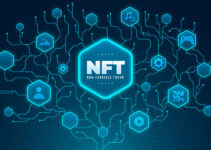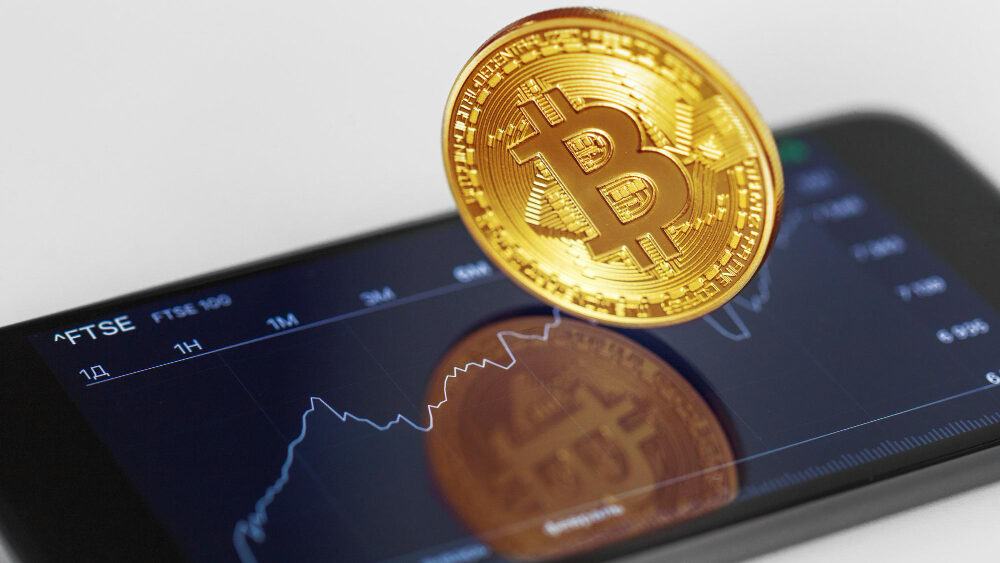What is Blockchain?
A blockchain network is a secure and unalterable record-keeping system. It streamlines the transaction and asset-tracking process in a business community. This ledger can monitor both tangible items such as real estate, vehicles, money, and land. This includes intangible assets like intellectual property, patents, copyrights, and branding. The ability to track and exchange a wide variety of valuable items on a blockchain network helps to mitigate risks and reduce expenses for all parties involved.

How is Blockchain Important to Education?
Information is a crucial aspect of both business and education, and its speed and accuracy greatly influence outcomes. To address this need, blockchain technology serves as an effective solution. It provides instantaneous and transparent data on an unchangeable ledger accessible only to authorized network participants. A blockchain network can effectively monitor various aspects of business operations, including orders, payments, accounts, production, and more. The collective visibility of a transaction’s details throughout the network helps build trust and enables the creation of new opportunities for increased efficiency.
The following are some of the essential components of blockchain technology
Decentralized Ledger System
The distributed ledger and its unalterable record of transactions are accessible to all individuals in the network. The transactions are documented only once, which eradicates the need for a duplicated effort that is commonly seen in conventional business networks.
Records That Cannot be Altered
Once a transaction has been added to the shared ledger, it cannot be altered or interfered with by any participant. In the event of an error in a transaction record, a new transaction must be created to correct the mistake. Both the original transaction and the correction are then visible on the ledger.
Smart Contracts
In order to facilitate speedy transactions, a group of regulations known as a “smart contract” are kept on the blockchain and executed automatically. These smart contracts can lay out the criteria for transferring corporate bonds, establish the terms for the payment of travel insurance, and accomplish various other functions as well.
Ways Blockchain is Affecting the Education Sector
As the world becomes more digitally advanced, the education sector is poised for change. Over the past two decades, the EdTech industry has been transforming education, but now it’s time for blockchain technology to play a crucial role in expediting this process. With the rise of technologies such as the distributed ledger of blockchain, Artificial Intelligence (AI), and machine learning (ML), traditional textbooks are rapidly being replaced. It’s worth exploring how blockchain can impact teaching and learning.
Smart Contracts for Courses and Assignments
Smart contracts are frequently employed in blockchain technology and can be useful for educators who want to create courses and lessons on a blockchain platform. Once all prerequisites are met, the course can be automatically delivered and proceed at its own speed. With the help of smart contracts, both students and teachers can establish a contract that outlines the parameters of an assignment, including the deadline and grading deadline.
Degrees, Report Cards, and Paperwork
Blockchain technology provides an unchangeable record of events in chronological order. This could be advantageous for showcasing academic records, such as student transcripts or comprehensive report cards, monitoring attendance, and informing students and stakeholders about their progress. With blockchain, students can submit assignments without the worry of losing them. Moreover, digital degrees and diplomas are available for students, which eliminates the need for fragile paper documents. Digital credentials are more convenient, organized, and less burdensome than their paper counterparts.
Encouraging Learning Through Rewards
The utilization of blockchain technology for cryptocurrency and tokenization is a noteworthy application. In the near future, it may be possible for professors to offer students cryptocurrency rewards for excelling in their studies or fulfilling certain requirements. This approach could encourage students to pay off their student loans promptly. Moreover, incorporating tokenization into the teaching methodology could enhance the learning experience by making it more engaging and game-like.
Simplifying Payment Fees
The process of collecting student tuition payments can be arduous and lengthy, as it involves several entities such as students, parents, financial institutions, scholarship providers, lenders, and various departments within the university. Nonetheless, the use of blockchain technology can simplify this process, potentially leading to reduced administrative costs and even lower tuition fees.
Increased Accessibility and Reduced Expenses
Blockchain technology provides a way to offer unrestricted access to openly available educational resources such as books, podcasts, and movies that are free to utilize and share, thus promoting lifelong learning. The blockchain network facilitates the cost-effective and secure distribution of these resources to the public. Additionally, students located in remote areas can participate in online courses and exams via blockchain technology, and educators can grade their submissions using the same network.
Conclusion
Determining whether student data stored on a distributed ledger is classified as personal information presents a significant challenge. Blockchains have already revolutionized the financial sector with the advent of cryptocurrencies. However, the potential applications of blockchain in education may go beyond what has been outlined thus far, making it a promising area for future developments. Blockchain technology has the potential to transform the educational landscape. It can create novel and more accessible learning channels while also changing the dynamic between educational institutions and students. The future generations stand to gain significantly from the implementation of blockchain in the education sector.
Personal Note From MEXC Team
Check out our MEXC trading page and find out what we have to offer! You can learn more about crypto industry news. There are also a ton of interesting articles to get you up to speed with the crypto world. Lastly, join our MEXC Creators project and share your opinion about everything crypto! Happy trading!
Join MEXC and Get up to $10,000 Bonus!



